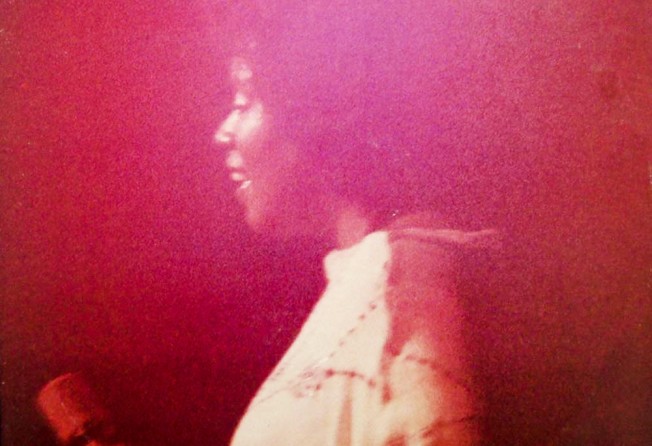
I Will Survive helps Gloria Gaynor album Love Tracks endure

Love Tracks
Gloria Gaynor
Polydor

With an opening that gives Gaynor's anthem to defiance and resurrection a heroic entrée, I Will Survive has, indeed, survived, outliving the Love Tracks album from which it was lifted. It remains a firm favourite of karaoke lounges, 1970s discos and just about any political convention as its message of personal empowerment continues to inspire.
Yet it almost didn't get the chance to become an icon. Initially it was to be buried on the B-side of another track, Substitute, a cover of a Righteous Brothers song that had been a hit just months earlier for South African girl band Clout.
Written by Freddie Perren and Dino Fekaris, who were responsible for the equally booty-shaking Shake Your Groove Thing by Peaches and Herb, the release was reformatted when radio DJs began playing I Will Survive instead of its A-side.
Slower than most disco stomps, lyrically and melodically it borrowed as much from the traditions of Broadway musicals as it did from the four-to-the-floor aesthetic of the era. It's this extravagance and drama that has made it a party favourite.
The song's success was a shot in the arm for Gaynor's career, which had been flagging since she hit the top of the charts in 1974 with the proto disco classic Never Can Say Goodbye. Four years later, disco was at its peak and Gaynor, one of its earliest beacons, was overshadowed by new, raunchier stars such as Donna Summer.
Released in late 1978 at a time of social upheaval, its defiant tale of a woman coming to terms and rising phoenix-like after the break-up of a relationship resonated with a world tired of global strife.
I Will Survive has become closely associated with the women's and gay rights movements, thanks largely to its specific theme of emancipation. Its gut-busting chorus - "Go on, now go/ Walk out the door/ Just turn around now/ 'Cos you're not welcome any more" - was a call to arms for feminists trying to resist male hegemony and to gays fighting off discrimination.
In that regard, I Will Survive made perfect sense against another cultural background - punk. Disco and punk jostled for attention in the second half of the '70s. Both were outsidersand both espoused a sense of equality: class-based in the case of punk, and gender- and race-based for disco.
Gaynor's hit was a sumptuous cream gateau compared with the pared-down simplicity of punk, but the lyrics shared rock's values of defiance and retaliation.